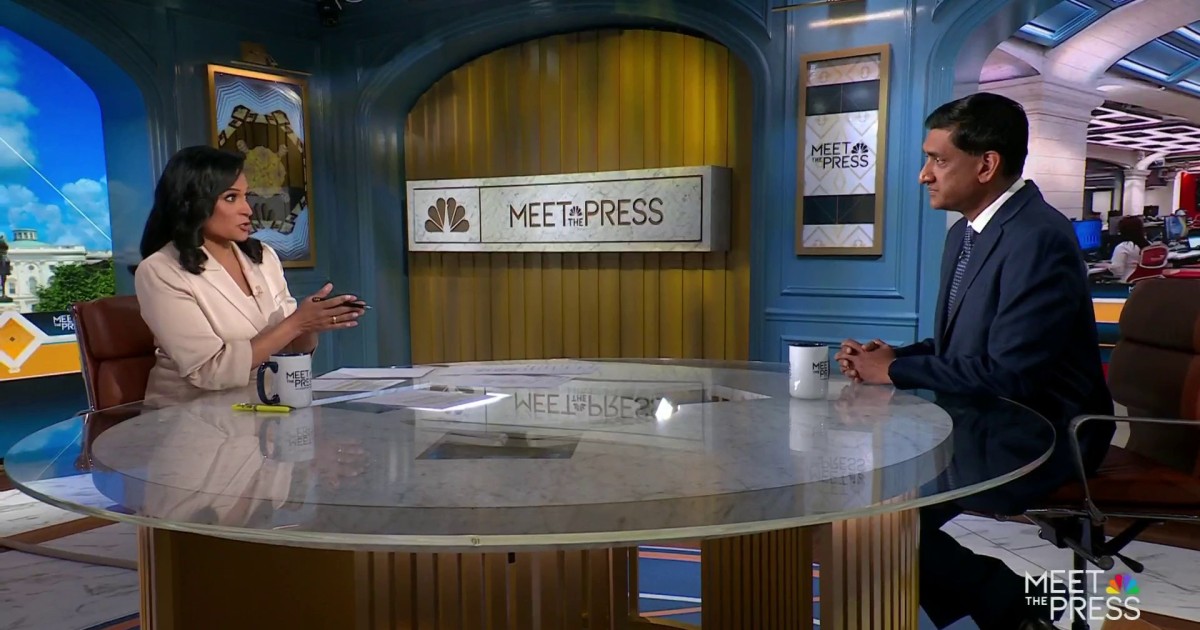Your Medicare, Medicaid or Affordable Care Act coverage won’t vanish during the government shutdown, but changes to some benefits and fewer government workers to help could still disrupt care for millions
Source link
Oct. 2, 2025, 5:00 AM EDTBy Berkeley Lovelace Jr.Your Medicare, Medicaid or Affordable Care Act coverage won’t vanish during the government shutdown, but changes to some benefits and fewer government workers to help could still disrupt care for millions.At the heart of the shutdown fight is whether Republican leaders accept a demand from Democrats to extend Obamacare subsidies before they expire at the end of the year and premiums start skyrocketing. Democrats also sought to undo President Donald Trump’s Medicaid cuts, but the GOP has shown no interest.Fortunately for everyday people, core programs like Medicare and Medicaid will keep running because their funding is built into law. But a popular Medicare benefit — telehealth — has already ended for many, and so-called discretionary programs, such as Community Health Centers (CHCs), may be at risk unless Congress acts soon.More than 167 million people — roughly half the U.S. population, according to data from the Centers for Medicare & Medicaid Services — are covered by the programs.Here’s what the shutdown means for health care coverage:Medicare and telehealth One of the first casualties of the shutdown are telehealth services offered to people on Medicare. A pandemic-era rule that let Medicare patients see doctors from home — not just rural clinics — and expanded which providers were covered expired Tuesday, cutting off access to many homebound seniors. The service will remain expired unless Congress includes funding in a coming spending bill. That means telehealth coverage will revert to pre-pandemic rules, under which it was largely limited to people living in rural areas, said Alex Cottrill, a senior policy analyst at KFF, a nonpartisan health policy research group. The policy had a few exceptions, which allowed coverage for people on home dialysis or those who experienced strokes.More than 6.7 million older adults got care through telehealth services last year.Joseph Furtado, the president of the Arizona Association for Home Care, which advocates for telehealth, said he will continue to see patients for now, with the risk of not getting reimbursed if Congress decides not to extend funding. Other providers may not take that risk and turn patients away, he said.“Telehealth is not a convenience thing,” he said. “This is Grandma can’t get out of the house. This is Grandma just came home from the hospital and she can’t get out to see her doctor. You don’t want to go to the doctor when you come home, and it’s dangerous sometimes to do that.” In the near term, Medicare coverage more broadly will continue during the shutdown, meaning patients will be able to see their doctors and other health care providers — albeit most likely in person, Cottrill said. “Because Medicare is categorized as a mandatory program, its funding doesn’t require annual approval from Congress, and Medicare-covered services will still be available during the shutdown,” he said.Patients may have longer wait times when they call Medicare, Cottrill said, and providers might experience some delays in payments due to some agency workers’ being furloughed.MedicaidCoverage for people enrolled in Medicaid — which is jointly funded by states and the federal government — will also continue throughout the rest of this year and some of next year, according to CMS.In a statement on its website, CMS said it “will have sufficient funding for Medicaid to fund the first quarter of FY [fiscal year] 2026.”Art Caplan, the head of the Division of Medical Ethics at NYU Langone Medical Center in New York City, said it’s very likely that the agency will get additional funding by then.It’s slim chances the shutdown “would last that long,” he said. Coverage for the Children’s Health Insurance Program — which provides health care coverage to children and pregnant women in families that earn too much money to qualify for Medicaid — will also remain. “CMS will maintain the staff necessary to make payments to eligible states for the Children’s Health Insurance Program (CHIP),” the agency said. Obamacare subsidiesPeople will still be able to get coverage through their ACA plans, too. But there could be consequences, Caplan said, if Congress decides not to extend the ACA enhanced subsidies in the coming bill, the sticking point for Democrats who want to see the subsidies continue.The enhanced subsidies were enacted in the 2021 American Rescue Plan, which made ACA plans affordable for many middle-class families. The Inflation Reduction Act of 2022 extended the subsidies through 2025. Without the subsidies, out-of-pocket premiums could grow by as much as 114% next year, according to a KFF analysis.When ACA open enrollment begins Nov. 1, families could face sticker shock, Caplan said. And even if Congress restores the subsidies later in the year, some people may decide not to sign up, believing costs will stay high. “If they don’t do something in 30 days, people are going to see big jumps in their health insurance,” Caplan said.There could be a major political risk to Republicans and Trump if they don’t extend them, he added.“These are not people desperately poor. These are often people who are in the working class, who use the subsidy to get access to health care when it doesn’t come through their job,” he said. “I think they’ve been somewhat supportive of Trump and MAGA, and they will not be happy to see that jump.”Local health clinics The effects on public health will be “substantial” if the shutdown lasts several weeks, said Lawrence Gostin, director of the O’Neill Institute for National and Global Health Law at Georgetown University.“Many functions of CDC will be affected, such as disease surveillance and funding for states and local health departments,” Gostin said. The Centers for Disease Control and Prevention provides support for tracking respiratory diseases, like Covid and the flu, and provides grants to states, including for chronic disease prevention and vaccine programs. Funding for federal qualified health centers has already expired with the shutdown. But the clinics are unlikely to be affected, at least for the time being, according to the National Association of Community Health Centers.Those centers “should not experience an immediate disruption in funding,” Amy Simmons, an NACHC spokeswoman, wrote in an email. Simmons said the group has been in contact with the Health Resources and Services Administration, where officials said there is enough money set aside “to maintain CHC operations and staffing while government services are paused.” The number of people seeking care at community health centers has reached its highest in decades, Simmons said, at up to 52 million.Emergency services such as those provided by the Federal Emergency Management Agency may be reduced or delayed, Gostin said, as well as funds for ongoing and new biomedical research.“The longer the shutdown goes on, the greater the risks to public health,” he said. “The shutdown has lifesaving impacts on America’s most vulnerable citizens.”Berkeley Lovelace Jr.Berkeley Lovelace Jr. is a health and medical reporter for NBC News. He covers the Food and Drug Administration, with a special focus on Covid vaccines, prescription drug pricing and health care. He previously covered the biotech and pharmaceutical industry with CNBC.Erika Edwards contributed.




